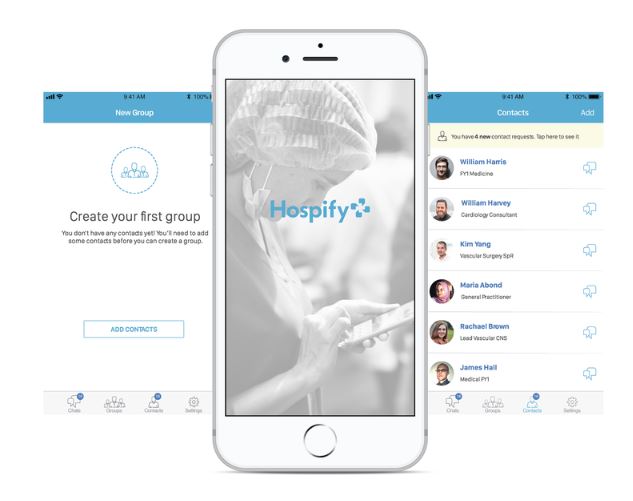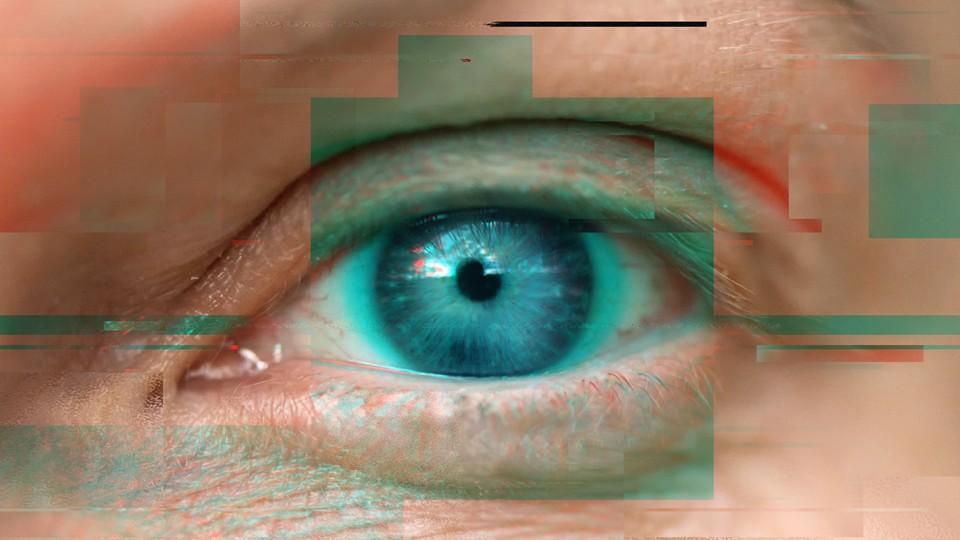NHS staff told to stop using WhatsApp as free alternative approved

UK healthcare authorities have approved a free messaging app for use in hospitals, in a move designed to stop staff sharing sensitive clinical information using consumer services such as WhatsApp.
Hospify is the first general purpose messaging app to be given the stamp of approval by the organisations overseeing the NHS Apps Library.
These include NHS Digital, NHS England, the Department of Health and Social Care, General Practitioners, Public Health England, NICE, the MHRA, and the CQC.
NHS organisations are under orders from health secretary Matt Hancock to phase out use of pagers and fax machines by the end of 2021.
There are concerns that clinicians could use consumer messaging services such as WhatsApp to replace these outdated systems, with compliance and data security being potential issues.
Hospify said the service gets around these issues by modelling itself on these systems, but with a “radically different data architecture”.
The company said its app complies with NHS information governance standards including the NHS Data and Security Protection Toolkit, UK Data Protection Law, the GDPR, the ISO27001 information security standard, the DCB0129 Clinical Safety Risk Assessment and the NICE Evidence Standards Framework.
Hospify has been downloaded by thousands of healthcare professionals and is used daily at more than 100 hospitals and clinical sites across the country.
Multiple NHS Trusts, including Lincolnshire Community NHS Trust, Maidstone and Tunbridge Wells NHS Trust and South Tyneside NHS Trust have signed off the app for use by their employees.
The app is available for free on either Apple or Android-based operating systems.
Hospify was founded in 2014 by two NHS surgeons and a digital platform specialist.
The founders said the app was created after co-founding surgeons Neville Dastur and Charles Nduka were unable to contact a third, key surgeon during an emergency operation.
Talking after the operation, they agreed that messaging tools they took for granted in their personal lives should be available in their professional lives too.
Another clinical messaging service, Forward, is under development with one study suggesting it could save the health service £44 million a year.













